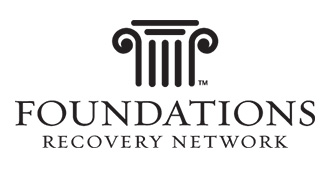Senate passes bill to combat painkiller abuse
Drug addiction reform advocates are celebrating as the Senate finally passes a bipartisan bill that will help combat painkiller and heroin addiction in the United States. The entire nation has been watching the heroin epidemic skyrocket over the past couple of years, reaching a nationwide fever pitch in 2015 and so far this year, as well. Last year, this epidemic led drug overdose to be the leading cause of accidental death in the country. However, elected officials from both sides of the isle are taking action to fight opioid painkiller abuse and heroin addiction.
If it is any indication how bad the heroin and painkiller abuse and overdose epidemic has gotten, with a highly contentious Senate that struggles to get anything passed (including bills to rename post offices) voted nearly unanimously to pass this addiction bill. Out of 100 Senators, five missed the vote (Marco Rubio, Bernie Sanders, and Ted Cruz are absent from Washington to campaign, and two others were attending to personal health issues), so 95 Senators voted. Of those, 94 voted for the bill and only one single senator voted against it - Senator Ben Sasse, a Republican from Nebraska.
The bill sets aside money for various opioid addiction treatment and prevention programs for the many different people battling painkiller and heroin addiction, including those who are currently in jail. The funds will also be used to provide states with naloxone, an overdose reversal drug that saves lives during an overdose. The bill calls for tighter prescription drug regulation that includes monitoring of these types of drugs across state lines.
A part of this bill that was a pleasant surprise to many addiction reform advocates is that the bill increases disposal sites for prescription medications in order to keep them out of the hands of teenagers and youth, who can crack into their parents’ medicine cabinets to skim leftover meds.
As groundbreaking and necessary as this bill is, Senate Republicans refused to approve funding to back the programs that the bill authorizes. In response, Obama administration announced that the federal government is committing $100 million to fund opioid addiction treatment for Americans. Democrats and many supporting Republicans originally asked for $600 million in order to effectively fund long-term rehabilitation for millions of Americans.
The American Society of Addiction Medicine reports that in 2014, 1.9 million people in the US had a substance abuse disorder that involved opioid painkillers and another 586,000 people were struggling with a heroin addiction.






COMMENTS